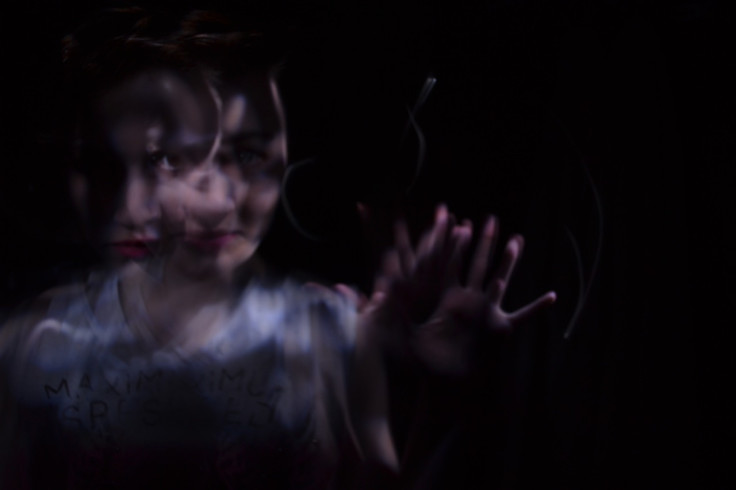Who Is Habiba Naveed? Woman Who Claims to Be Princess Diana's Daughter is Accused of Attacking Landlord
Habiba Naveed, who alleges royal lineage, is facing serious charges after allegedly attacking her landlord

A 35-year-old woman who claimed to be the 'lost daughter of Princess Diana' pleaded guilty to manslaughter in the death of her landlord at Old Bailey, London, this July.
Habiba Naveed from Lewisham in south‑east London came under intense public scrutiny after she pleaded guilty to manslaughter in the death of 72-year-old Christopher Brown.
Claims of Royal Lineage and Grandiose Beliefs
The court hearings revealed that Naveed had repeatedly insisted she was the 'lost daughter of Princess Diana and Dodi Fayed.'
Additionally, she had reportedly experienced delusions such as sleeping in coffins and being resurrected by divine power.
The Fatal Incident and Mental Health Crisis
On the night of 14 August 2024, Naveed attacked Christopher Brown in their shared home at Polsted Road, Catford.
Brown's body was discovered in his living room, covered by a pink dressing gown, and their house cat, Snow, was found dead on the doormat.
Prosecutor Kerry Broome explained at the hearing that during a psychotic episode, Naveed heard voices instructing her to kill Brown. She struck him with a saucepan, fracturing it in the process, strangled him, and then stabbed the cat in the neck, under the belief that an evil spirit had transferred from Brown into the animal.
Legal Outcome: Hospital Order and Restrictions
Naveed pleaded guilty to manslaughter because of diminished responsibility and admitted causing unnecessary suffering to a protected animal.
Judge Sarah Munro KC imposed a hospital order under Section 37 of the Mental Health Act, along with a restriction order under Section 41, meaning she will remain detained indefinitely in a secure medical facility.
Medical Background: Schizophrenia and Lack of Medication

Medical experts testified that Naveed had been diagnosed with paranoid schizophrenia in 2020. Her mental health deteriorated sharply in the days leading up to the killings. During this period, she had stopped taking her prescribed medication for nearly a year and continued cannabis use, which aggravated but did not directly cause her psychosis.
A pattern was noted of hospital admissions, short-term stabilisation, discharge, non‑compliance with medication, followed by relapse into psychosis and violent behaviour.
Victim: Christopher Brown's Legacy
Brown, a respected solicitor in his community, was described by colleagues and family as 'calm, kind and selfless.'
The court heard that he had co-owned the property with Naveed since 2016 and had taken in lodgers as part of their shared home. In the aftermath, his law firm is now set to close.
Why It Matters: Broader Issues at Play
This tragic case underscores the complex interplay between severe mental illness, substance misuse, and societal safety.
Naveed's delusional claims—including false beliefs about royal connections and divine missions—are symptomatic of acute paranoid schizophrenia. Non‑compliance with treatment and ongoing cannabis use worsened her psychiatric state.
Summary of the Incident and Legal Conclusion
- Victim: Christopher Brown, 72, a solicitor and landlord in Lewisham
- Perpetrator: Habiba Naveed, 35, shared the dwelling, claimed royal identity
- Crime: Manslaughter of Brown and killing of cat Snow during a psychotic episode (August 2024)
- Health Factor: Diagnosed with paranoid schizophrenia, non-compliance with medications
- Legal Result: Hospital order with indefinite detention under Section 37/41
The deeply troubling case of Habiba Naveed illustrates the devastating consequences when severe, untreated mental illness intersects with delusions of grandeur and substance misuse.
While convictions for manslaughter under diminished responsibility recognise her psychosis, the tragic outcome—a vulnerable man and an innocent animal lost—serves as a sobering reminder of the urgent need for comprehensive mental health care and early intervention.
© Copyright IBTimes 2025. All rights reserved.



















